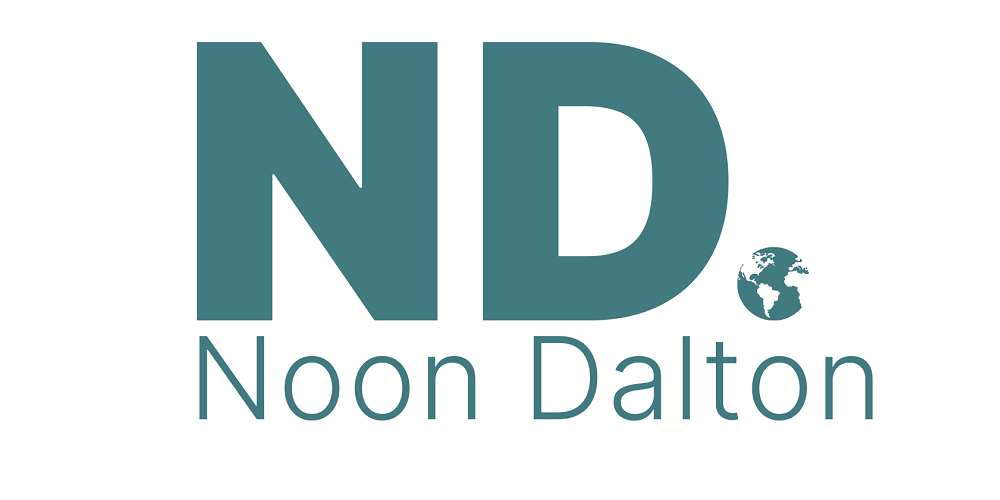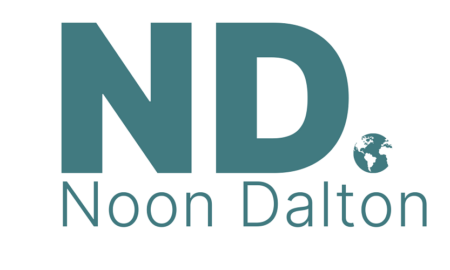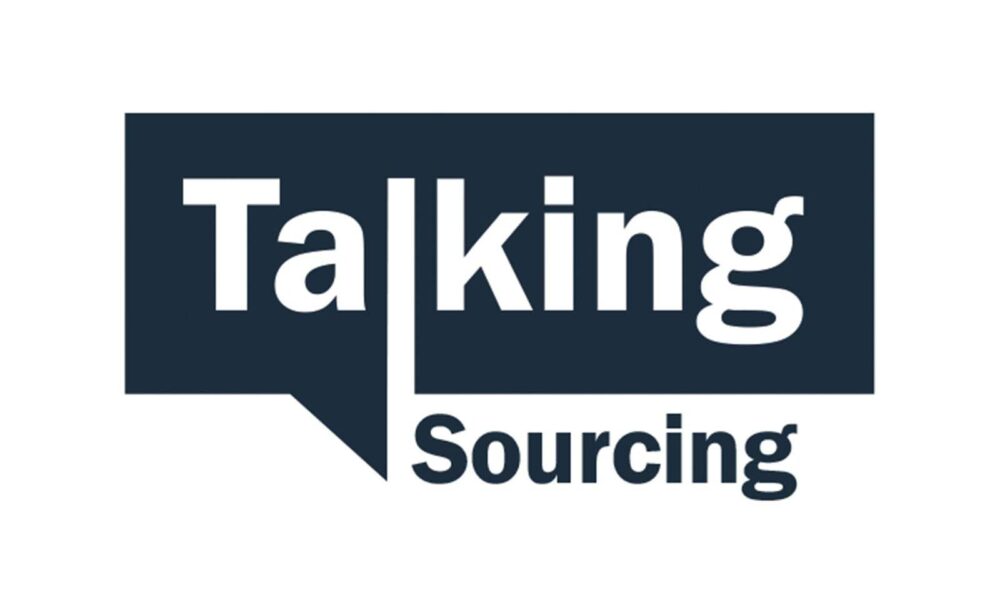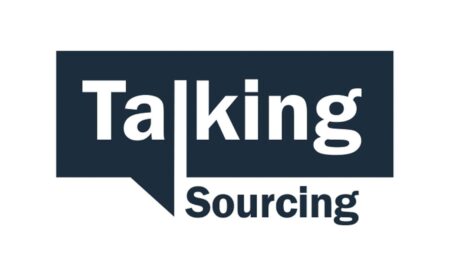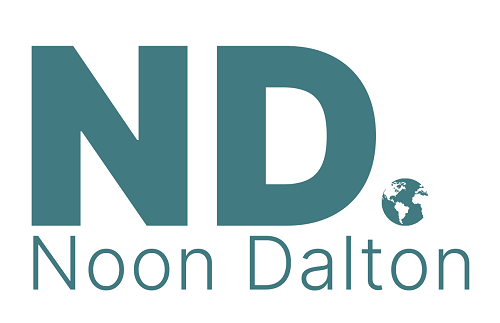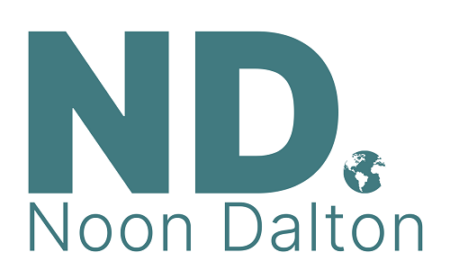As we slowly begin to take a deep breath with a downward trajectory of the pandemic, we need to look at how our current experience will alter our future business strategies. In this article, let’s examine the impact on IT outsourcing globally.
As we look ahead, we have to look back and capture some key lessons learned from the pandemic (see my previous article for more detail);
- All businesses and schools depended on a network to be able to work from home
- Dated applications created a challenge in this new environment
- Greater dependence on offshore IT support became a roadblock for some businesses
Based on these lessons, IT service providers will have to plan for and implement some important steps going forward:
- MANAGE space.According to many experts, social distancing will be around far longer than most envisioned. Also given the success of controlling a pandemic with the implementation of social distancing, we must assume that it will be one of the first actions taken during the next pandemic. That means that the physical office layout will have to be altered and provide for that distancing. It will also mean that the providers will have to either increase floor space – and that has an impact on the cost structure – or look for alternate means, such as working from home. During this pandemic, many providers have successfully continued their service commitments while having their staff work from home or by creating shift work where distancing can be observed.
- CREATE a robust network architecture.That would mean not only have nodes at the centers but also built for at-home service. For IT infrastructure providers, it will require multiple network control centers, so that the disruption at one location does not impede the service. During the recent pandemic, one major customer, who had outsourced its network control center to an offshore service provider, found that their customers had severe difficulty connecting with the help desk due to staffing issues at that center.
- FOCUS on security challenges.Since many of the service provider staff had to work from home and access the network through VPN or similar service, data security became a major issue. Many financial services have a very strict limitation on remote access to data. Going forward, service providers will have to either architect a solution that can meet the security requirements or work with their customers on getting approval for exceptions. This will become a greater issue as more data and privacy acts are enacted globally.
- STRENGTHEN Business Continuity Plans (BCP). It is evident that all customers are going to look at their portfolio of service providers and will create/change their BCPs. These plans will now have a scenario for global shutdown due to an event and will look to service providers to create a plan for uninterrupted service. One of the key lessons learned from this pandemic has been a lack of knowledge about the work from home environment – identification of computing equipment, access to the network as well as, in some cases, isolation from other family members during work-related video calls. This will lead to acquiring and maintaining this information about each worker.
- REVITALIZE talent pool.During this pandemic, many providers and customers alike have found that certain skills were in more demand than envisioned. One of the biggest challenges some U.S. states found was that they didn’t have enough COBOL trained employees to alter legacy systems to accommodate new rules. It also becomes fairly evident that some business processes need to be modernized using RPA tools, so there is less dependency on the human workforce. BPO providers will be focusing on this as a way to improve their ability to address changing workloads. In order to accomplish this, some of the providers will need to have access to talent and will have to look at AI-based recruiting/engagement tools available in the marketplace. These tools facilitate creating a “marketplace” for the talent and balance against the requirements.
- RAISE awareness of global challenges.A key lesson that has emerged from this pandemic has been that service providers will have to raise their awareness of global challenges and begin to take action early – even before they are required to by their customers. Nations that didn’t react fast enough to the spread of the pandemic had to implement some drastic steps to control it. Providers in the countries where they were “ahead of the curve” were able to respond to their customer needs more effectively.
When (and let’s hope it’s soon) the Covid-19 Pandemic begins to die down and a new normal emerges, we should remember the famous Churchill quote from World War II. When England gained a small victory in the African theater, he was quoted as saying: “Now this is not the end. It is not even the beginning of the end. But it is, perhaps, the end of the beginning”. The time is now for providers to plan and put policies into place ASAP!




